热门推荐
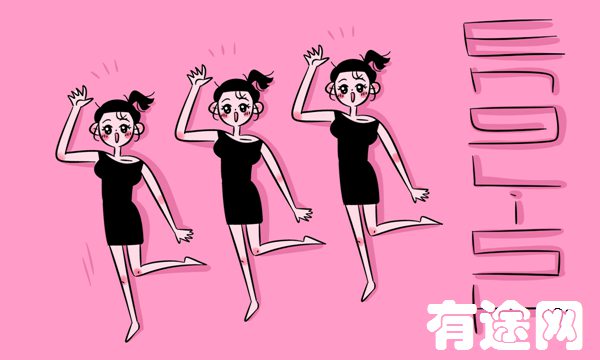
高考英语作文高分必备万能句型
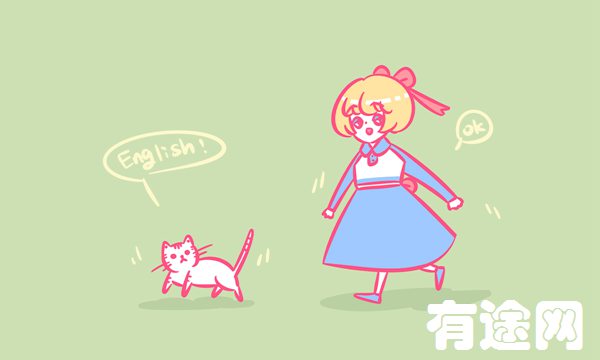
高考英语作文应用文写作万能模板
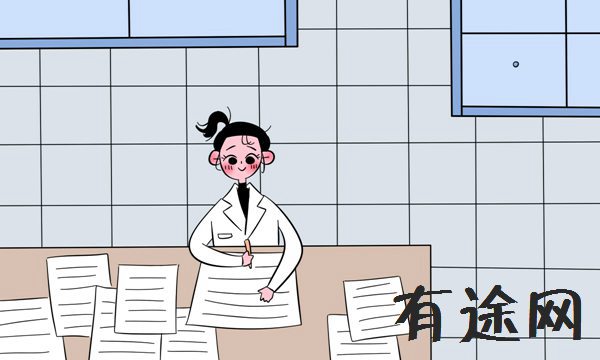
英语作文如何拿高分 一些常用的高级英语作文模板
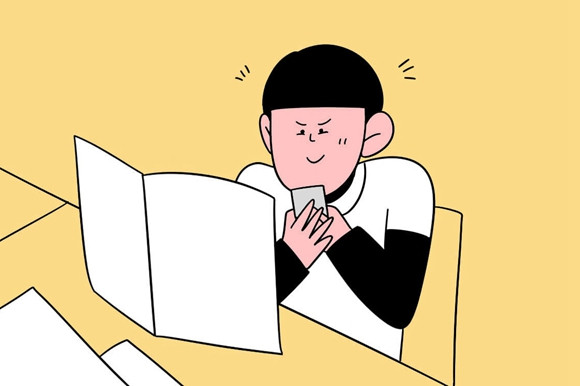
高考作文常用经典过渡句型

高考英语作文必背万能开头句型模板
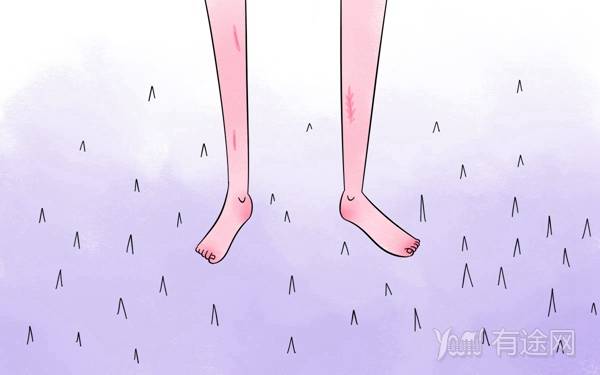
高中英语作文开头经典句子模板

高中英语作文提分必备40个高级句型

高中英语作文万能开头句型汇总

高考英语作文高级句型 高考英语作文万能模板


高考英语作文是大家很头疼的失分点,下面有途网小编跟大家分享一下高考英语作文万能句子,希望对你有帮助。
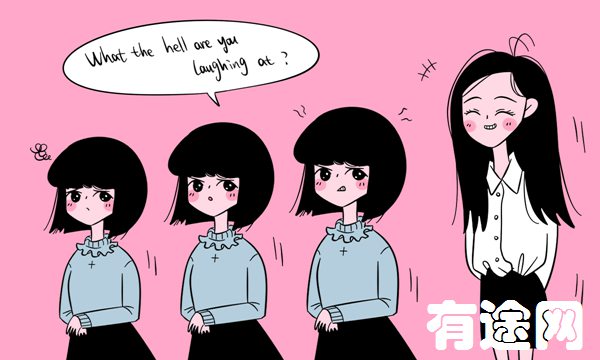
1:It is well-known to us that……(我们都知道……) =As far as my knowledge is concerned, …(就我所知…)
2:Recently the problem of…… has been brought into focus. =Nowadays there is a growing concern over ……(最近……问题引起了关注)
3:Nowadays(overpopulation)has become a problem we have to face. (现今,人口过剩已成为我们不得不面对的问题)
1. 关于……人们有不同的观点。一些人认为……
There are different opinions among people as to ____ .Some people suggest that ____.
2. 俗话说(常言道)……,它是我们前辈的经历,但是,即使在今天,它在许多场合仍然适用。
There is an old saying______. It"s the experience of our forefathers,however,it is correct in many cases even today.
3. 现在,……,它们给我们的日常生活带来了许多危害。首先,……;其次,……。更为糟糕的是……。
Today, ____, which have brought a lot of harms in our daily life. First, ____ Second,____. What makes things worse is that______.
现在,……很普遍,许多人喜欢……,因为……,另外(而且)……。
Nowadays,it is common to ______. Many people like ______ because ______. Besides,______.
任何事物都是有两面性,……也不例外。它既有有利的一面,也有不利的一面。
Everything has two sides and ______ is not an exception,it has both advantages and disadvantages.
关于……人们的观点各不相同,一些人认为(说)……,在他们看来,……
People’s opinions about ______ vary from person to person. Some people say that ______.To them,_____.
人类正面临着一个严重的问题……,这个问题变得越来越严重。
Man is now facing a big problem ______ which is becoming more and more serious.
1:In short, it can be said that……(总之,他的意思是……)
2:From what has been mentioned above, we can come to the conclusion that……(从上面提到的,我们可以得出结论……)
3:Taking all these factors into consideration, we naturally/reasonably come to the conclusion that……(把所有的这些因素加以考虑,我们自然可以得出结论……)
4:Hence/Therefore, we'd better come to the conclusion that……(因此,我们最好的出这样的结论……)









